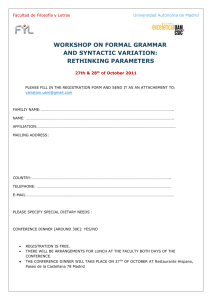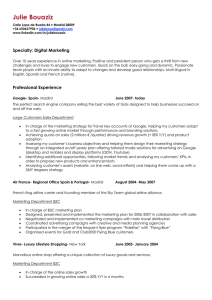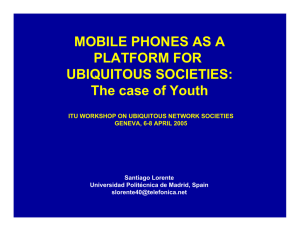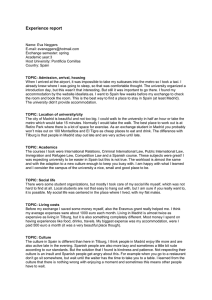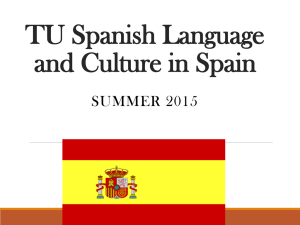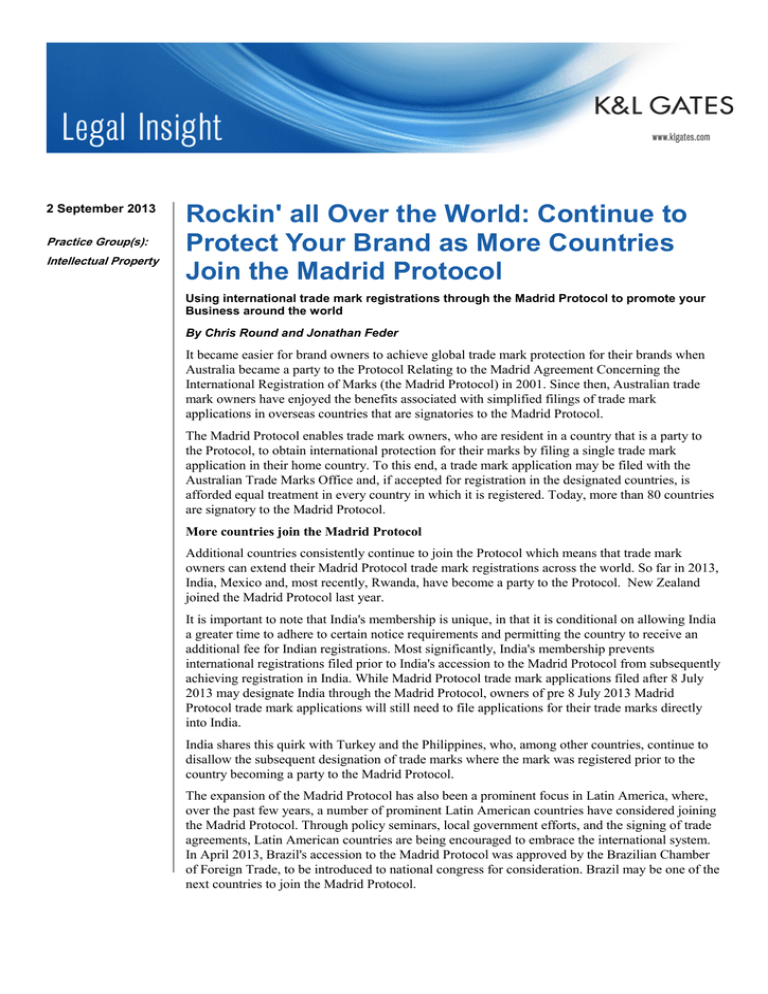
2 September 2013
Practice Group(s):
Intellectual Property
Rockin' all Over the World: Continue to
Protect Your Brand as More Countries
Join the Madrid Protocol
Using international trade mark registrations through the Madrid Protocol to promote your
Business around the world
By Chris Round and Jonathan Feder
It became easier for brand owners to achieve global trade mark protection for their brands when
Australia became a party to the Protocol Relating to the Madrid Agreement Concerning the
International Registration of Marks (the Madrid Protocol) in 2001. Since then, Australian trade
mark owners have enjoyed the benefits associated with simplified filings of trade mark
applications in overseas countries that are signatories to the Madrid Protocol.
The Madrid Protocol enables trade mark owners, who are resident in a country that is a party to
the Protocol, to obtain international protection for their marks by filing a single trade mark
application in their home country. To this end, a trade mark application may be filed with the
Australian Trade Marks Office and, if accepted for registration in the designated countries, is
afforded equal treatment in every country in which it is registered. Today, more than 80 countries
are signatory to the Madrid Protocol.
More countries join the Madrid Protocol
Additional countries consistently continue to join the Protocol which means that trade mark
owners can extend their Madrid Protocol trade mark registrations across the world. So far in 2013,
India, Mexico and, most recently, Rwanda, have become a party to the Protocol. New Zealand
joined the Madrid Protocol last year.
It is important to note that India's membership is unique, in that it is conditional on allowing India
a greater time to adhere to certain notice requirements and permitting the country to receive an
additional fee for Indian registrations. Most significantly, India's membership prevents
international registrations filed prior to India's accession to the Madrid Protocol from subsequently
achieving registration in India. While Madrid Protocol trade mark applications filed after 8 July
2013 may designate India through the Madrid Protocol, owners of pre 8 July 2013 Madrid
Protocol trade mark applications will still need to file applications for their trade marks directly
into India.
India shares this quirk with Turkey and the Philippines, who, among other countries, continue to
disallow the subsequent designation of trade marks where the mark was registered prior to the
country becoming a party to the Madrid Protocol.
The expansion of the Madrid Protocol has also been a prominent focus in Latin America, where,
over the past few years, a number of prominent Latin American countries have considered joining
the Madrid Protocol. Through policy seminars, local government efforts, and the signing of trade
agreements, Latin American countries are being encouraged to embrace the international system.
In April 2013, Brazil's accession to the Madrid Protocol was approved by the Brazilian Chamber
of Foreign Trade, to be introduced to national congress for consideration. Brazil may be one of the
next countries to join the Madrid Protocol.
Rockin' all Over the World: Continue to
Protect Your Brand as More Countries
Join the Madrid Protocol
What does this mean to you?
Some trade mark owners are unaware that, through the Madrid Protocol, they are able to continue
to designate additional countries as part of their registration. Importantly, a trade mark owner may
be able to extend their international registration to designate a country that has become a party to
the Madrid Protocol after the initial registration of their mark.
If you have an existing Madrid Protocol trade mark registration, then it may be time to review it
and consider whether you should extend your registration to include any further countries that are
now party to the Madrid Protocol. For more information on the legal issues surrounding your trade
marks, including international registration of trade marks in India or elsewhere, please contact
Chris Round or Jonathan Feder.
Authors:
Chris Round
chris.round@klgates.com
+61.3.9640.4364
Jonathan Feder
jonathan.feder@klgates.com
+61.3.9640.4375
Anchorage Austin Beijing Berlin Boston Brisbane Brussels Charleston Charlotte Chicago Dallas Doha Dubai Fort Worth Frankfurt
Harrisburg Hong Kong Houston London Los Angeles Melbourne Miami Milan Moscow Newark New York Orange County Palo Alto
Paris Perth Pittsburgh Portland Raleigh Research Triangle Park San Diego San Francisco São Paulo Seattle Seoul Shanghai
Singapore Spokane Sydney Taipei Tokyo Warsaw Washington, D.C. Wilmington
K&L Gates practices out of 48 fully integrated offices located in the United States, Asia, Australia, Europe, the
Middle East and South America and represents leading global corporations, growth and middle-market
companies, capital markets participants and entrepreneurs in every major industry group as well as public
sector entities, educational institutions, philanthropic organizations and individuals. For more information
about K&L Gates or its locations, practices and registrations, visit www.klgates.com.
This publication is for informational purposes and does not contain or convey legal advice. The information herein should not be used or relied upon
in regard to any particular facts or circumstances without first consulting a lawyer.
©2013 K&L Gates LLP. All Rights Reserved.
2

